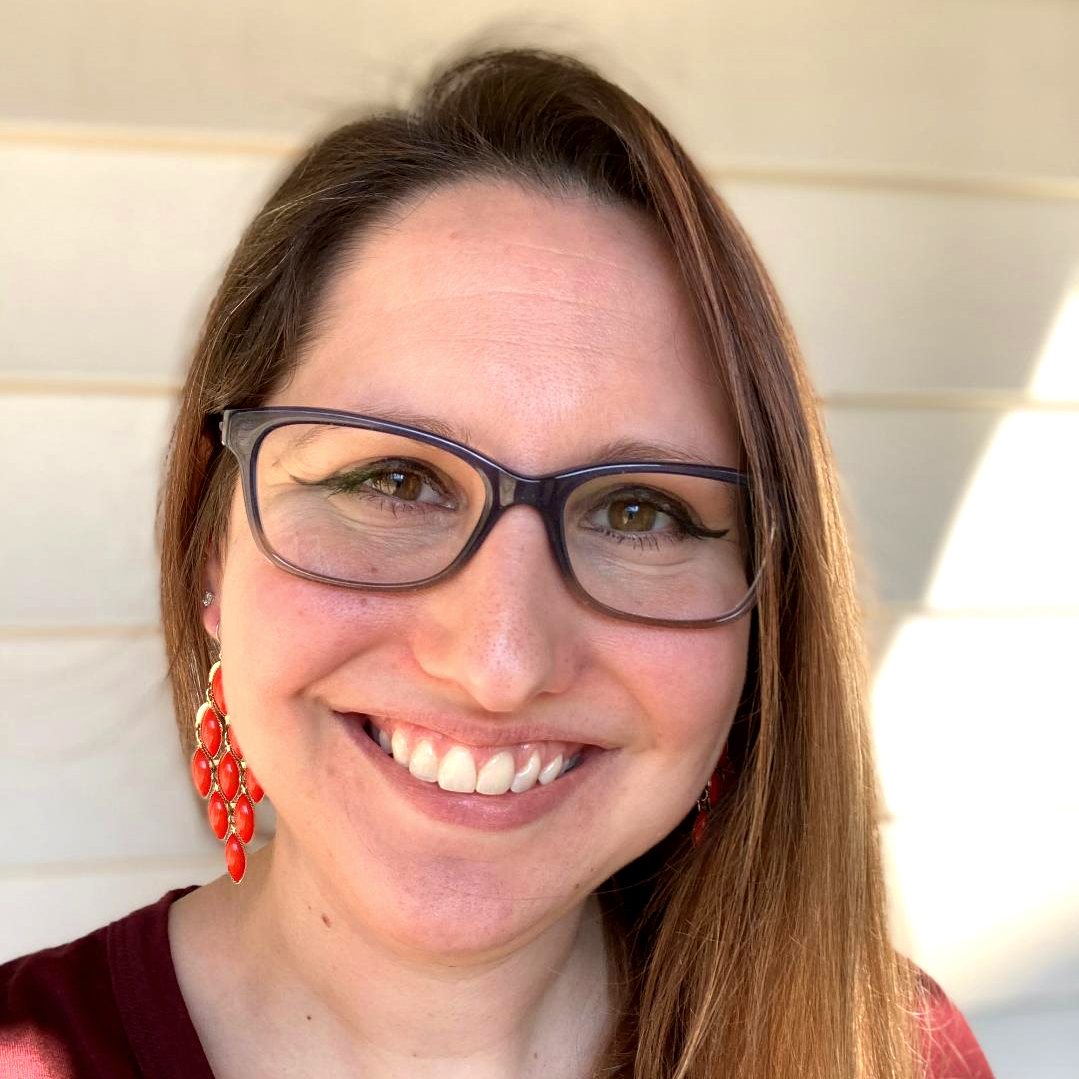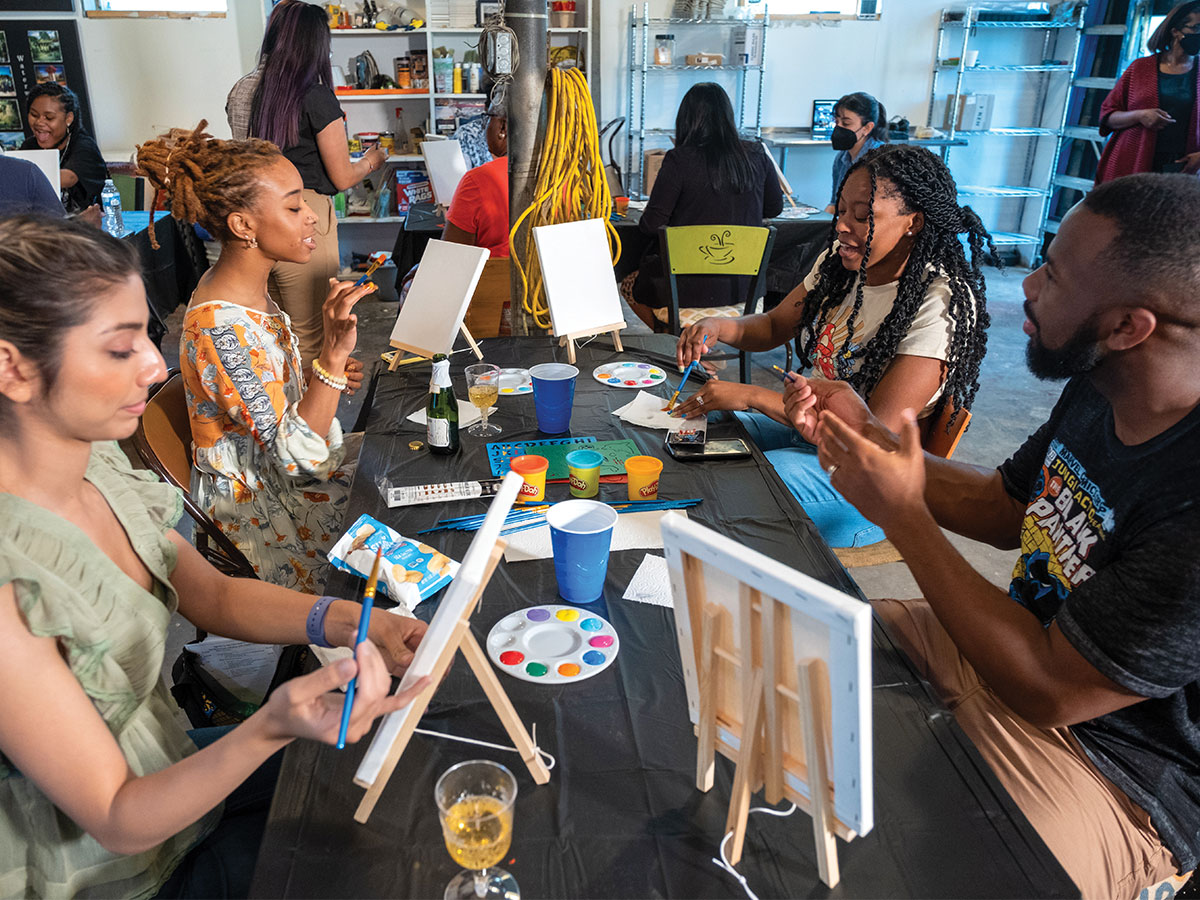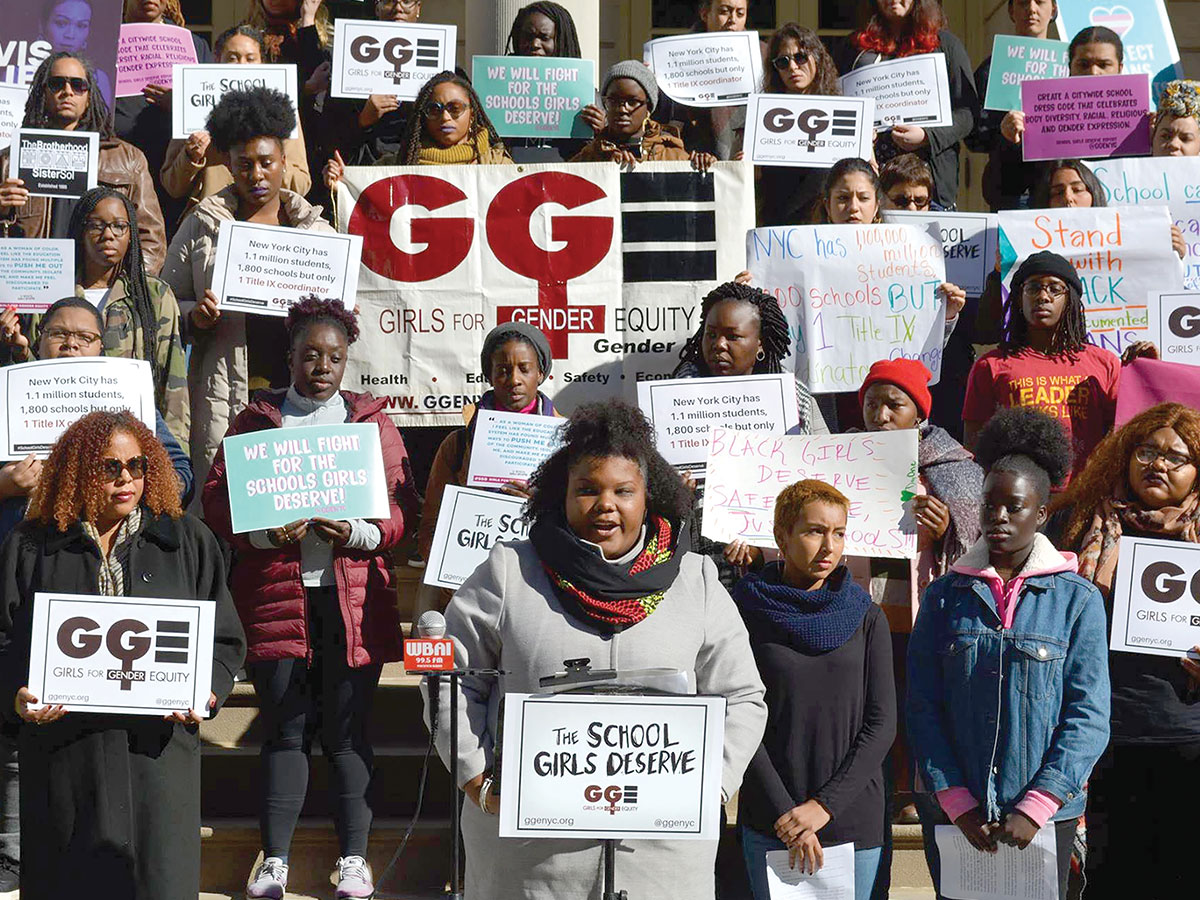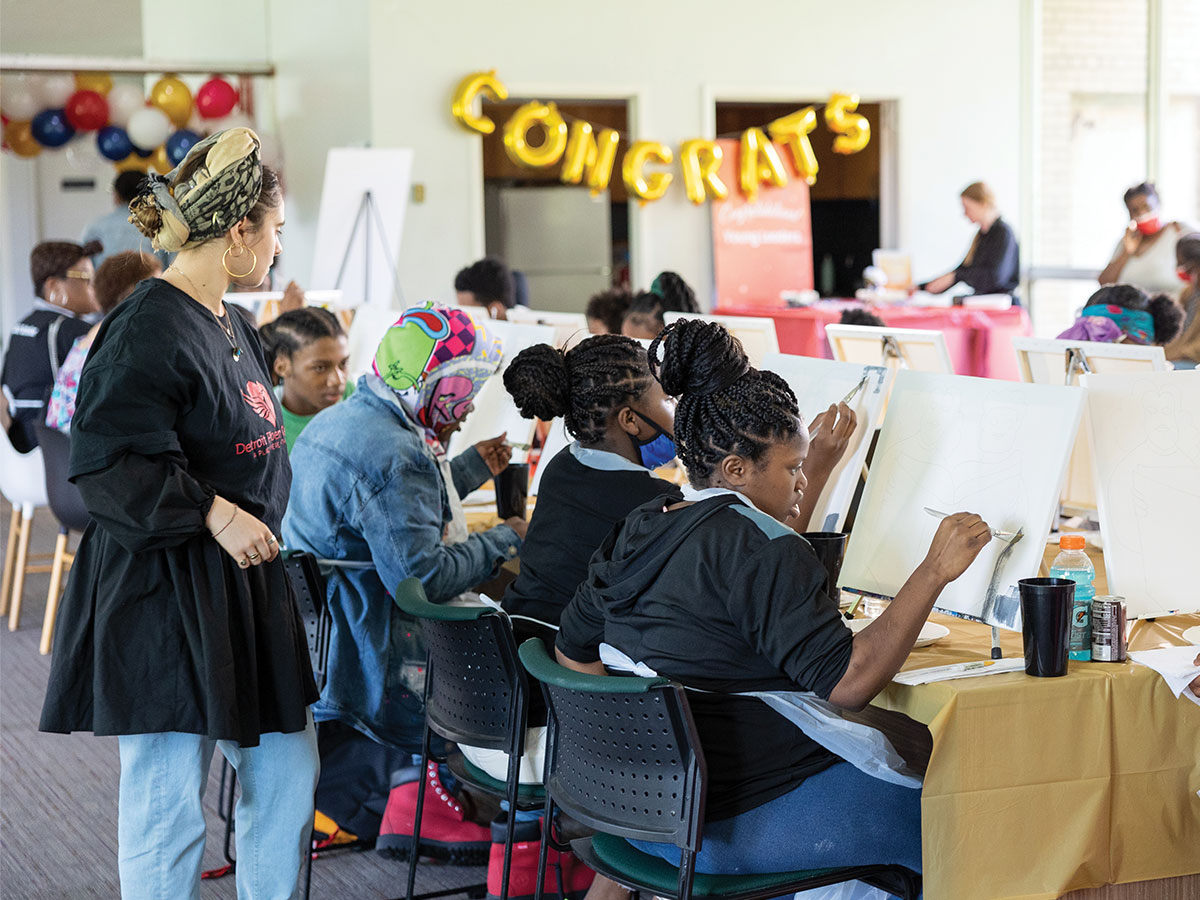Journal | Issue 20
Organizational Learning
Emergent Learning in Practice: The cocreation of PEAK’s peer groups

Before the start of 2020, PEAK Chief Operating Officer Dolores Estrada shared her vision with PEAK staff: “This is your Play-Doh year.”
This was her call to action for us to spend the year ahead exploring, imagining, and testing new ideas to create a better organization for ourselves, our dedicated community of change agents, and philanthropy. It started as a fun invitation, but the unprecedented turn of events that followed quickly made reshaping how we work and connect as a community a necessity.
As the pandemic took hold, it was inspiring to see how our members adapted to the virtual world, bravely showed up at our convenings, and journeyed forward in advancing practice change work together. And in the months following George Floyd’s murder, members shared with us how they wanted new and different spaces to find support, build camaraderie, and learn together to operationalize equity.
At the time, neither we nor our members knew what we might cocreate to meet these needs, but over multiple, generative discussions, we developed peer groups that centered on personal and professional identities, along with groups focused on practice change work centered on diversity, equity, and inclusion. Using Jamboards, we started by simply asking questions: What kinds of communities do you want that you don’t currently have? What goals should these groups strive to meet? How else can we meet these needs? We’d listen carefully, review all the ideas, find common themes, then share what we heard and try again.
It was messy. Cocreating something new with 44 members and a handful of staff—each person bringing their own ideas, needs, passions, and experiences—was not easy. We needed time and open, safe spaces to discuss and test ideas.
It was sometimes uncomfortable. Peer groups were very personal and meaningful for our members and were created during a time when many were processing intense feelings of grief and anxiety. Developing a strong foundation of trust within the working group was key to navigating heavy topics during heavy times.
But it was also fun! I loved the adventure of creating something from scratch with people I admire and respect. It was a rare opportunity to imagine what could be, and then sculpt our shared vision together.
When we launched the first slate of peer groups at PEAK2021 Online, the response was huge. We started hearing from other segments of our community, learned about additional needs, and created new peer spaces to best support our members. Today, over 500 members are participating in one or multiple peer groups. We are now starting to ask ourselves new questions: How do we support these groups equitably and consistently? What guardrails help our peer groups to be successful? When should we make space to honor the freedom and leadership of our volunteers? When does PEAK introduce new ideas and novel approaches? How do we share what we’ve learned within these groups with our entire community and the entire PEAK team?
While our Play-Doh year has ended, we’re not finished testing new ideas and embedding what we learn into how PEAK engages with its membership. Putting the Play-Doh away just isn’t an option.
Learn more about PEAK’s peer group communities and how to join



